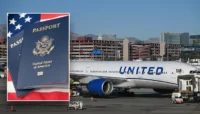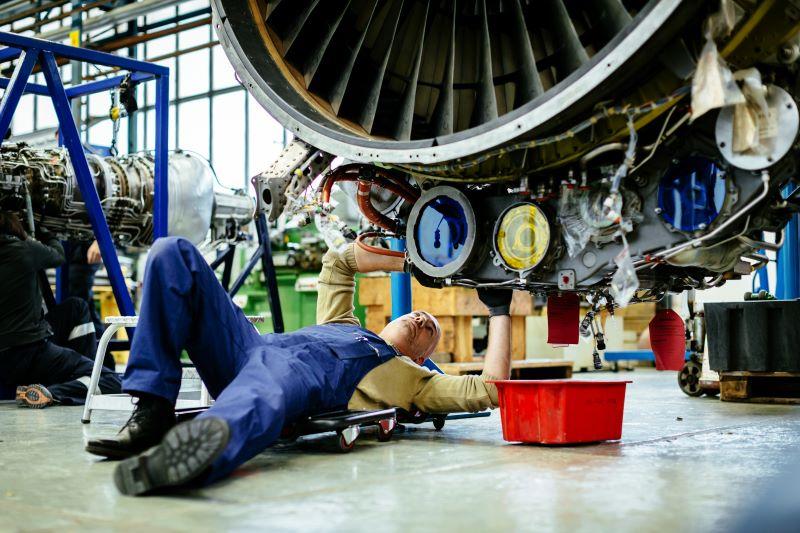The aviation industry is all about precision, safety, and trust. Every aircraft that takes to the skies must be in top shape, and maintenance plays a crucial role in ensuring that. Now, a major regulatory shift is set to impact global aircraft maintenance: the U.S. Federal Aviation Administration (FAA) has announced that all foreign repair stations working on U.S.-registered aircraft must implement mandatory drug and alcohol testing for their safety-sensitive employees.
Why This Matters
Aircraft maintenance is a global business, with repair stations operating in various countries to keep airline fleets in peak condition. However, until now, these foreign maintenance workers were not subject to the same drug and alcohol testing rules as their counterparts in the U.S. This change is aimed at closing that gap, ensuring that safety standards remain consistent worldwide.
What the New Rule Requires
Under this new mandate, nearly a thousand foreign aircraft repair stations will need to introduce strict drug and alcohol testing programs. These stations must:
✈️ Test employees in safety-sensitive roles – Mechanics, inspectors, and others directly responsible for aircraft maintenance must undergo regular screening.
🔍 Report data electronically – Compliance will be monitored through digital reporting systems to ensure transparency.
⏳ Meet the deadline – Repair stations have until the end of 2027 to fully comply, giving them time to adapt and set up necessary procedures.
The Debate: Safety vs. Challenges
While the goal is clear—enhancing safety—some challenges come with implementing these new regulations. Different countries have different employment laws, and in some places, drug testing is not common practice in the workplace. Additionally, repair stations that already have strict local regulations might have to adjust to meet the FAA’s specific standards.
What’s Next?
This move is part of a broader effort to tighten aviation safety rules worldwide. As airlines increasingly outsource maintenance to international facilities, having a unified standard ensures that every aircraft is maintained under the same rigorous conditions—no matter where the work is done.
What Do You Think?
Do you believe this new rule will significantly improve aviation safety? Or do you think it might create unnecessary hurdles for repair stations operating under different legal systems? Drop your thoughts in the comments below—let’s discuss! ✈️🛠️








